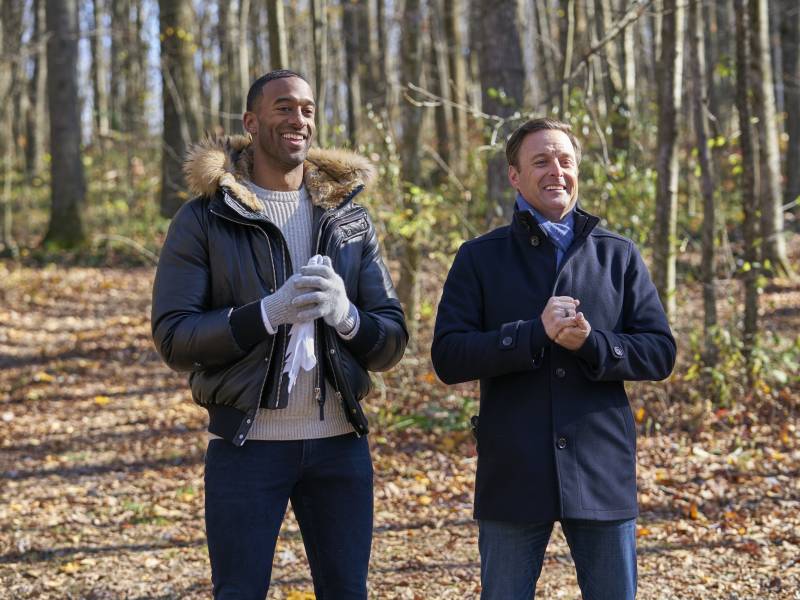“These girls got dressed up and went to a party and had a great time; they were 18 years old. Now, does that make it okay? I don’t know, Rachael, you tell me,” Harrison said. His remarks were met with condemnation from many former contestants. He has since apologized and announced that he will temporarily be stepping away from the show.
To Brandy Monk-Payton, a media and Black cultural studies scholar at Fordham University, the show’s most recent controversy is anything but surprising.
“The franchise has been critiqued at the level of diversity, equity and inclusion for at least a decade,” she tells Michel Martin in an interview on All Things Considered.
According to Monk-Payton—who previously wrote about Lindsay’s role as the first Black Bachelorette—the franchise’s problem with diversity is tied to a reluctance to make substantial production changes.
“I think that the franchise in general courts diversity. It goes to great lengths to promote itself as being more inclusive and equitable. They hire consultants, for example, but it does not fundamentally commit to a kind of long standing change in front of and behind the camera,” she says.
When asked about diversity on The Bachelor in 2011, series creator Mike Fleiss said in an interview with Entertainment Weekly that people of color simply didn’t audition for the show.
“We really tried, but sometimes we feel guilty of tokenism. Oh, we have to wedge African-American chicks in there! We always want to cast for ethnic diversity, it’s just that for whatever reason, they don’t come forward. I wish they would,” Fleiss said.
Monk-Payton argues that the franchise’s penchant for drama helps lay the groundwork for continuous controversy.

9(MDAxOTAwOTE4MDEyMTkxMDAzNjczZDljZA004))

